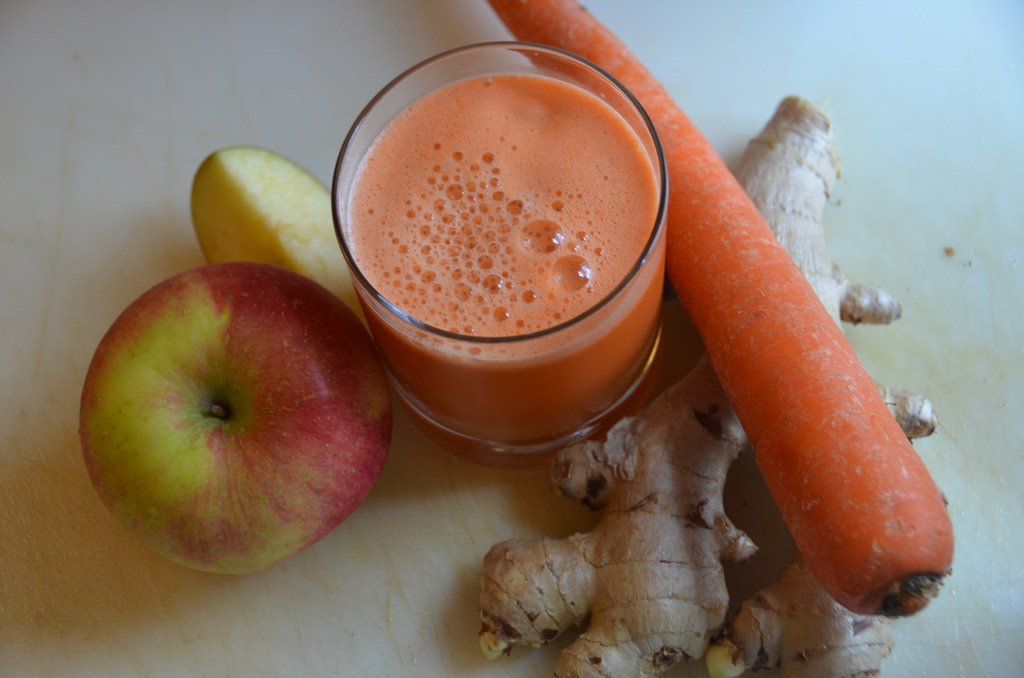
A published review of 13 ‘anti cancer’ diets has arrived at the unsurprising conclusion that there is a lack of solid evidence to support a benefit for any of them, and a real risk of harm from malnutrition from several of them.
When a person is told they have cancer, a common reaction can be to turn away from conventional medical treatments and to seek an unproven remedy that offers the claim of ‘curing’ cancer. Sadly, if a true cancer cure diet was found, all doctors and health professionals would know about it and cancer would be a thing of the past.
Unproven cancer treatments are sometimes called ‘alternative medicine’, but this is not the case as they do not represent a true alternative to conventional medicine.
In a recent review of 13 common ‘cancer diets’ promoted on the Internet and widely used by patients with cancer, expert groups assessed the clinical evidence for the cancer-curing claims made by the diets. There was little in the way of any quality clinical evidence to support a benefit for any of the diets, and of concern, risks such as malnutrition were linked to several of the diets.
While seeking out unproven treatments does offer hope and gives some sense of control back to the cancer sufferer, the cost can be very expensive both financially and physically and can place major strains on a person’s lifestyle and personal relationships.
It is best to be cautious about unproven ‘cancer cures’ and to always seek some professional independent advice. Many unproven treatments advise cutting out whole entire food groups such as meat or dairy which can severely lower energy intake and add to weight loss, tiredness and decreased immune function.
Many books have been written by people who have conquered cancer using an unproven ‘cancer cure’. These are only personal accounts and there is no way of assessing if the treatment was the cause of the cure as many people successfully beat cancer without using unproven treatments. To take the opposing view, there is very little written or said about those people who do not have the same success with such treatments.
Guidelines for Cancer Survivors
One of the best resources that a person with cancer could read is that produced by the American Cancer Society on Nutrition and Physical Activity Guidelines for Cancer Survivors
Acknowledging the growing body of research showing a lower rate of recurrence of breast, colorectal, prostate and ovarian cancer in people who keep active, achieving at least 150 minutes of moderate activity per week and regular weight training is now a chief recommendation in the guidelines.
Excess weight is major factor in explaining the risk of many cancers developing, so it is no surprise that keeping weight in check is an important recommendation for cancer survivors.
Fruits, vegetables and wholegrains all feature prominently for dietary choices for cancer survivors. Several observational studies have linked higher rates of cancer survival from eating more of these types of foods and less red meat, processed foods, and sugar-laden desserts.
When it comes to advice on dietary supplements, the American Cancer Society has hardened its stance and advises completely avoiding them unless in cases of diagnosed nutrient deficiency or very poor food intake. There is little credible research to show that dietary supplements improve outcomes in cancer patients, with the majority of research showing no benefit and evidence for higher rates of mortality in otherwise healthy people.
The guidelines also have a detailed patient-centred ‘Common Questions’ section covering such topics as: Does sugar feed cancer? Are soy foods good for me? What food safety precautions should I follow? Should I juice my vegetables? Along with many others.
What it all means
Good nutrition and a healthy lifestyle will put the odds more in favour of a person surviving cancer. Seeking advice from credible sources such as the recommendations put forward here and from health professionals experienced in working in the area of cancer will allow a person to make informed choices about how they want to best to manage their own health.

Taz Man says
Nice post.
It’s not about temporary of fad diets. It’s about making healthy sustainable lifestyle changes.
http://makingandtaking.com/3-reasons-most-diets-dont-work-3-solutions/